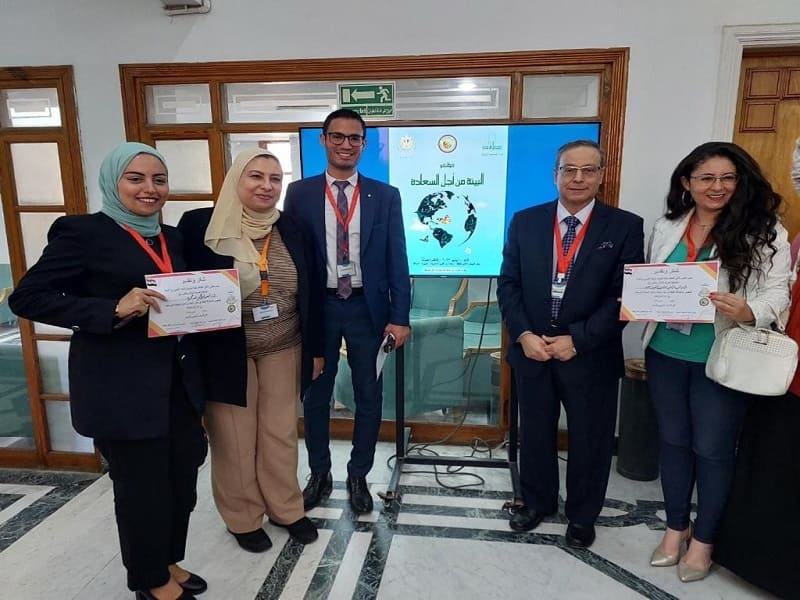The Faculty of Al-Alsun participates in the Environment for Happiness Conference
The Faculty of Al-Alsun, at Ain Shams University, participated in the Environment for Happiness conference organized by the Ministry of Culture and the Supreme Council of Culture under the auspices of Prof. Nevin Al-Kilani, Minister of Culture, within the activities of the Geography and Environment Committee of the Council in cooperation with the Egyptian Geographical Society, on Sunday, June 11, 2023, at the headquarters of the Supreme Council for culture.
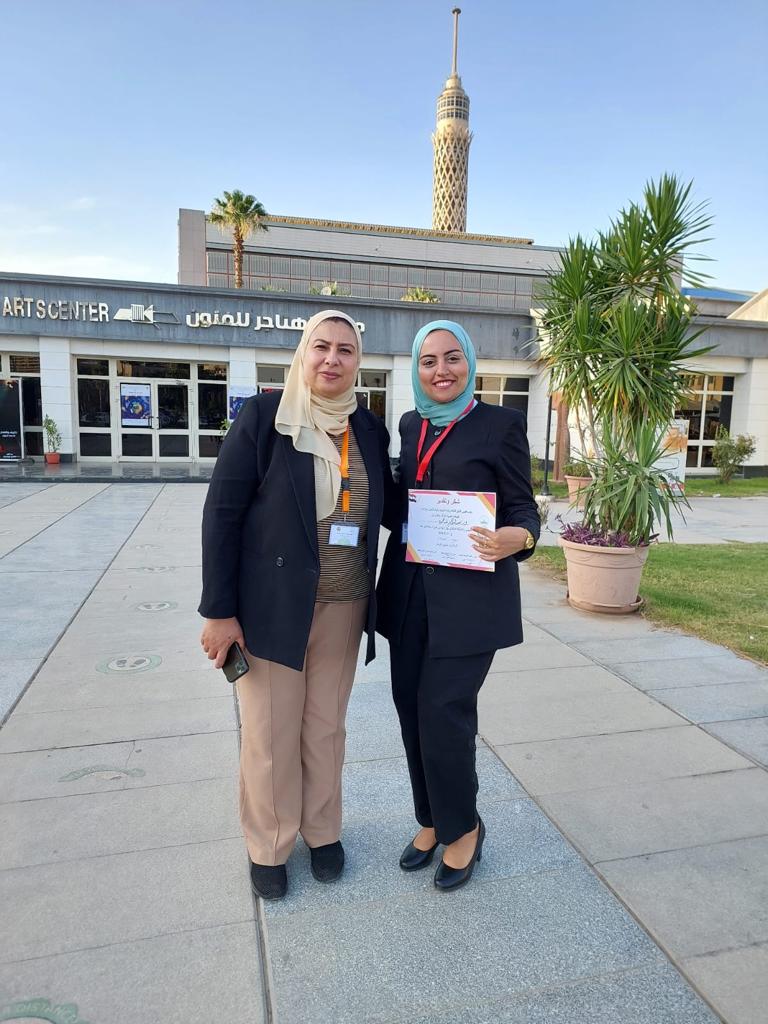 |
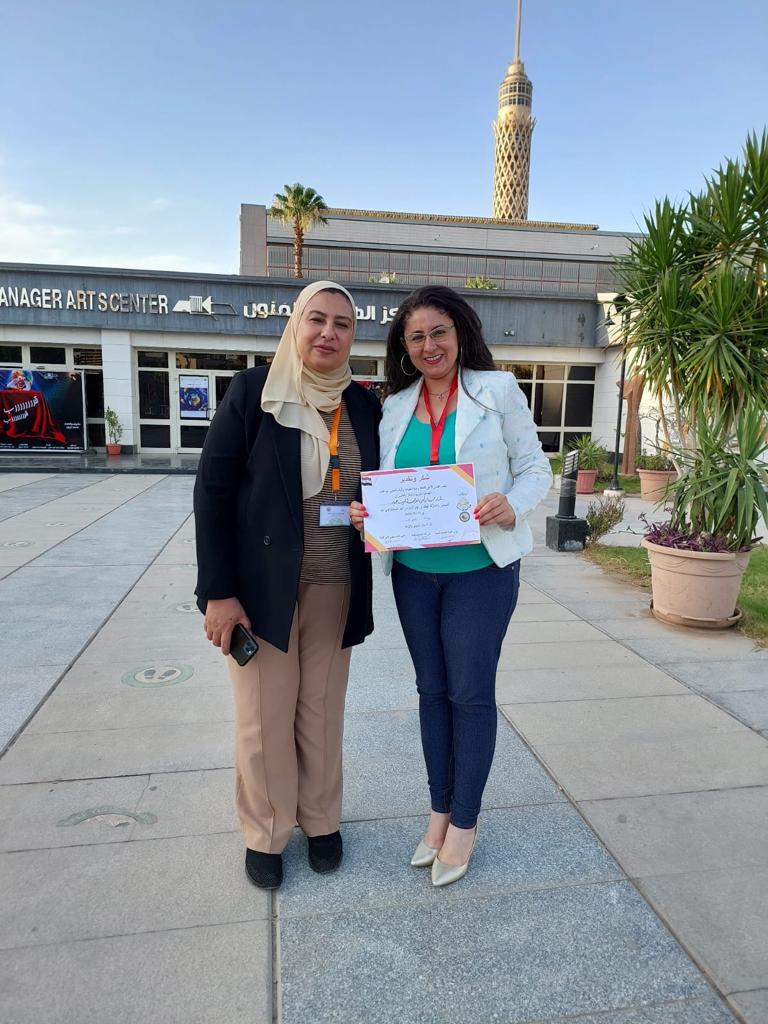 |
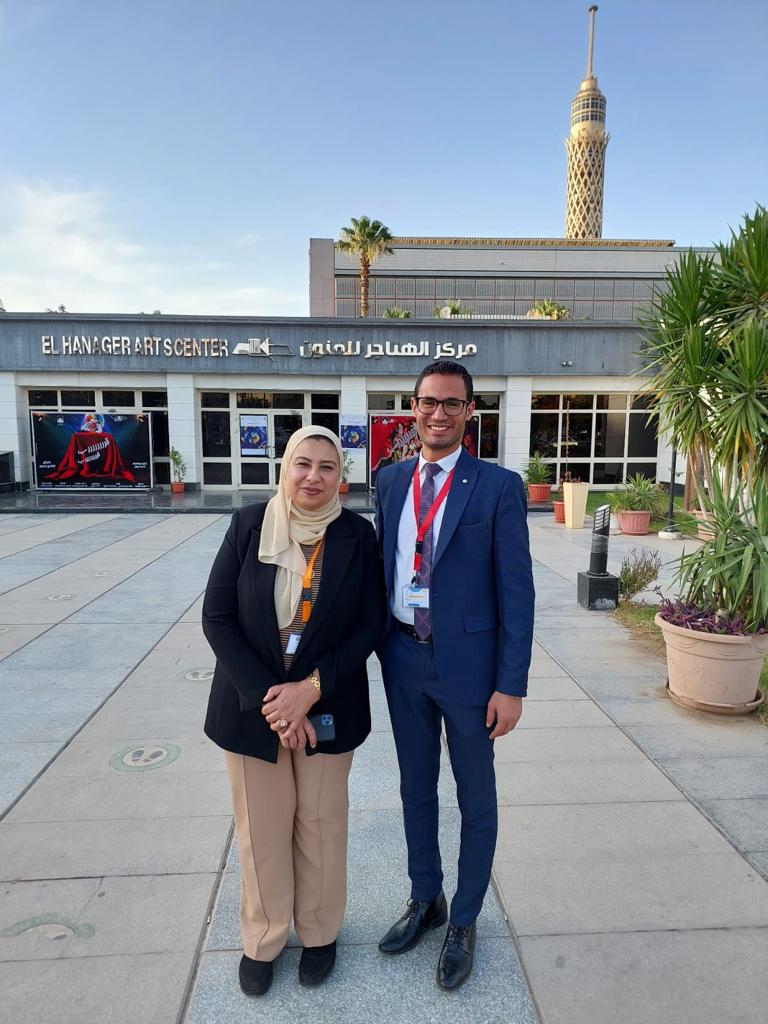 |
||
Where Prof. Salwa Rashad, Dean of the Faculty of Al-Alsun, moderated a session entitled: Social Environment and Happiness (2), with the participation of Prof. Fatima Abdullah, the commentator, and Dr. Mahmoud Bakr, the rapporteur, where three students from the Faculty of Al-Alsun from the Commission participated in interfacial research between human studies and environmental issues, namely:
- Assistant Lecturer/ Muhammad Yusri Muhammad Musa - Department of the Swahili language with research titled: Environmental Criticism and Evaluation of Human Activities and Interactions with the Environment - African Literature as a Model.
- Assistant Lecturer / Basma Ibrahim Taha Mahmoud - Department of English with research titled: The Social Environment and Happiness in the Play (Karima City) 2006 by Youssef El-Gendy (environmental study).
- Assistant Lecturer / Marilyn Medhat Albert Ayad - Department of English with research titled Ecofeminist Features and their Relationship to Happiness in the novel Garden of Life (2003) by Latifa Al-Dulaimi.
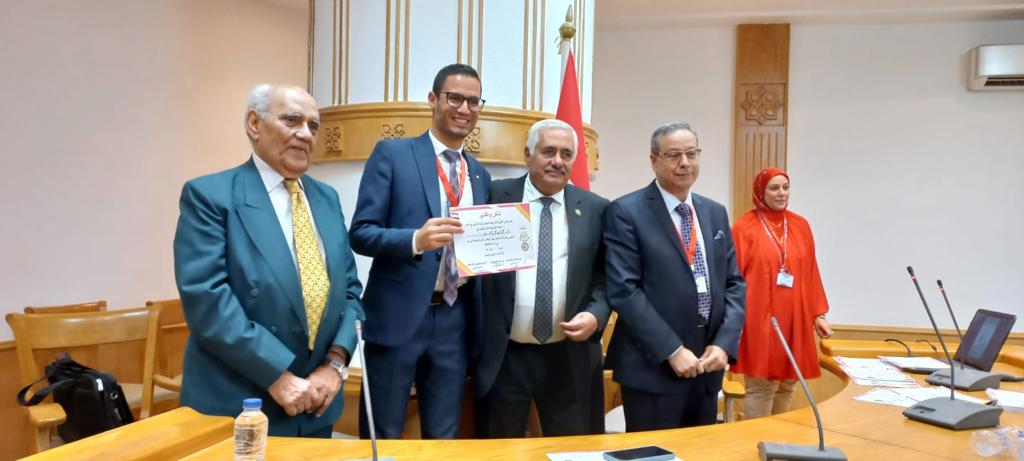 |
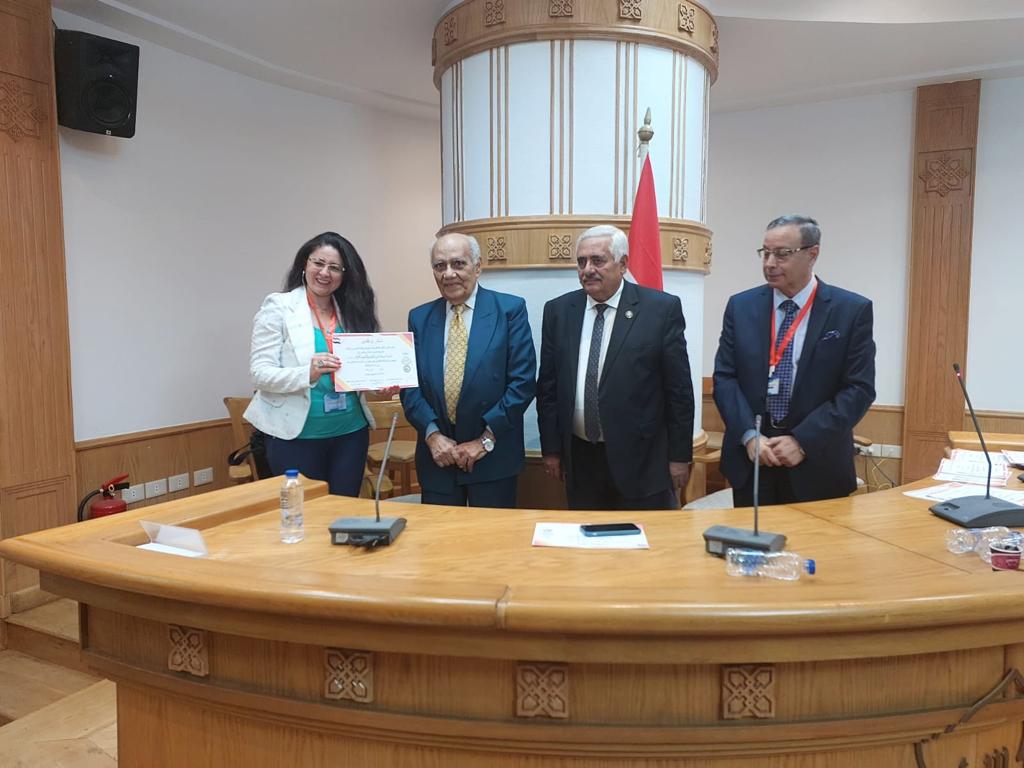 |
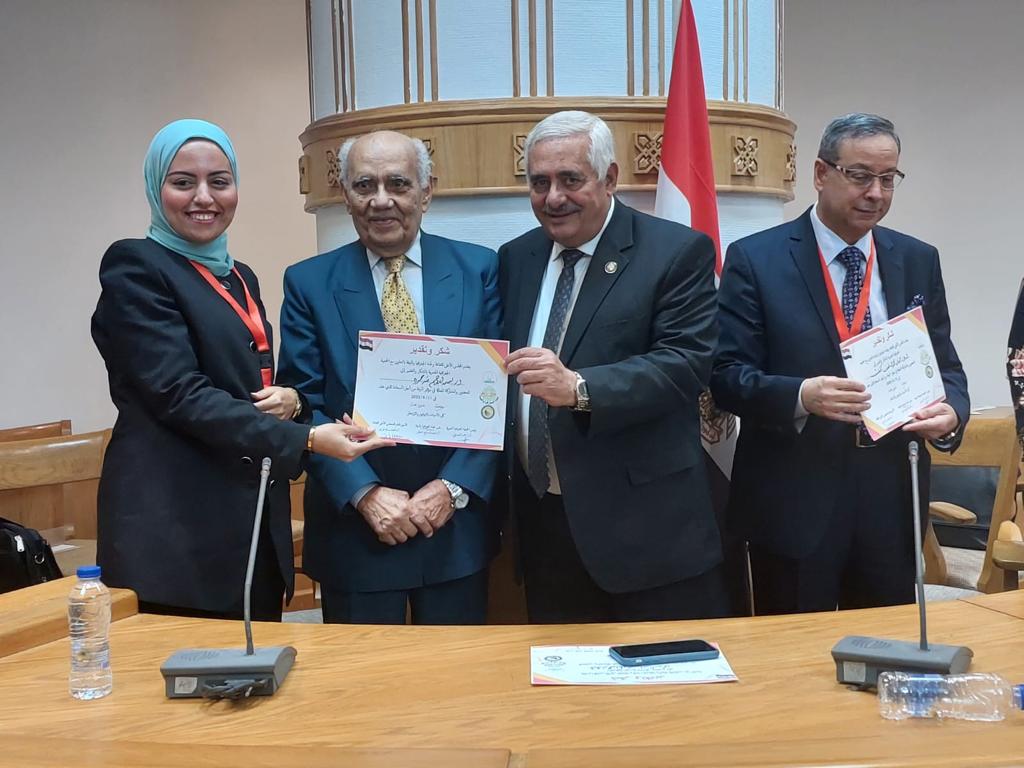 |
||
Where the participants praised the distinguished attendance and the research presented that represents the college and the human studies sector in the light of inter-studies concerned with environmental issues.
The three participants also made many recommendations, including the need to benefit from research that adopts environmental criticism, environmental feminism, and other studies concerned with environmental issues and the role of literature in evaluating human behavior and interactions towards the environment, as well as the need to hold more seminars whose main focus is presenting environmental and pollution issues in Literary works, and dedicating seminars to African literature to raise awareness of African and Swahili languages in particular, as language is a bridge of communication that reflects the problems of societies and represents a means of understanding what other literature deals with, especially environmental issues.
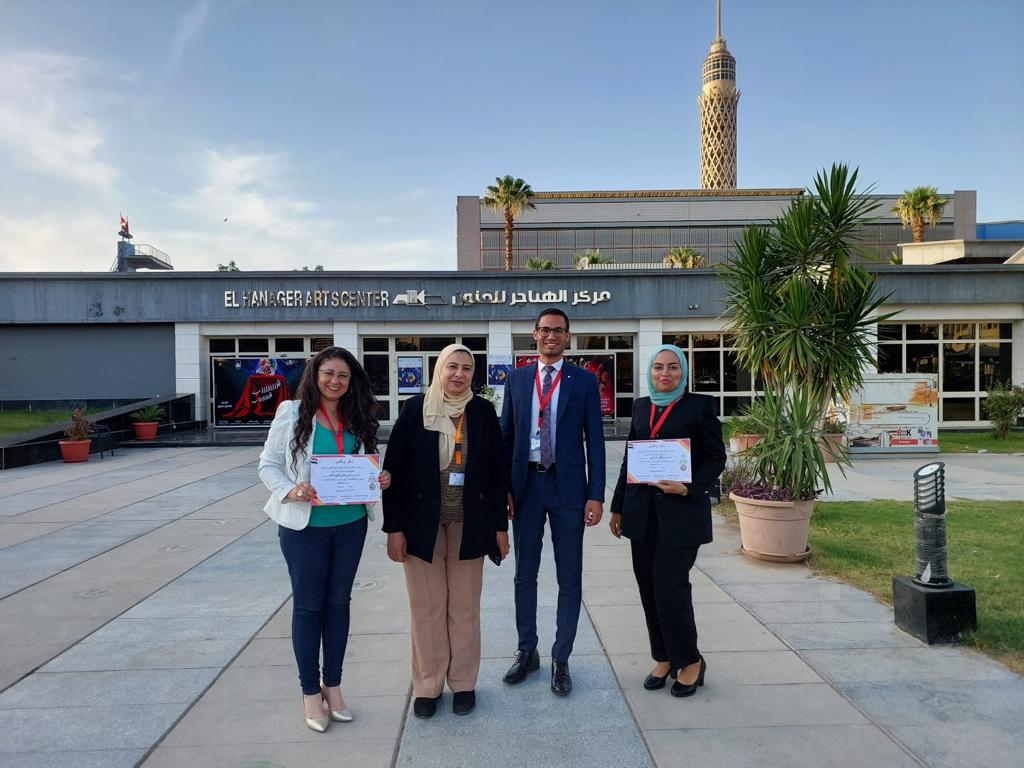 |
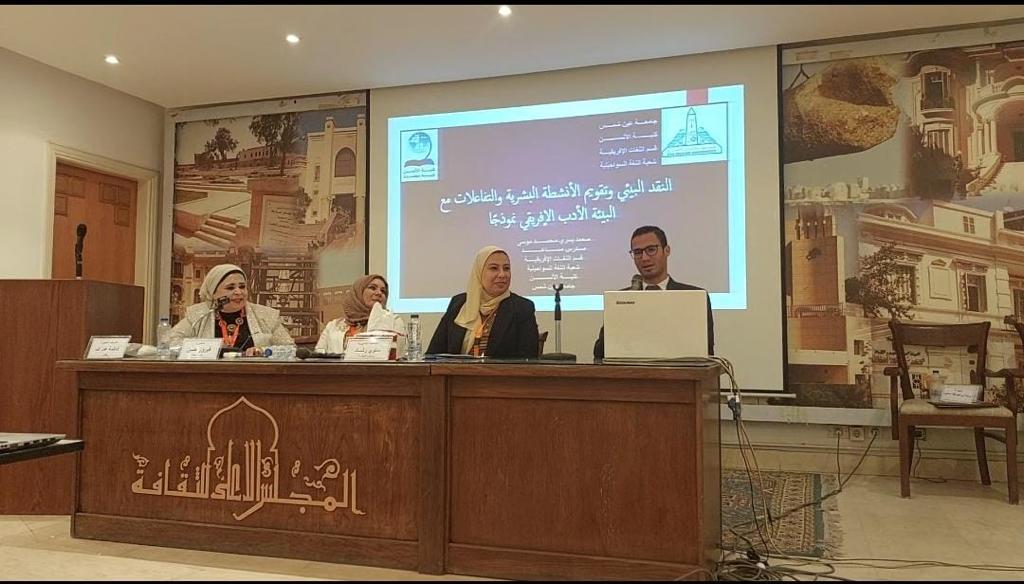 |
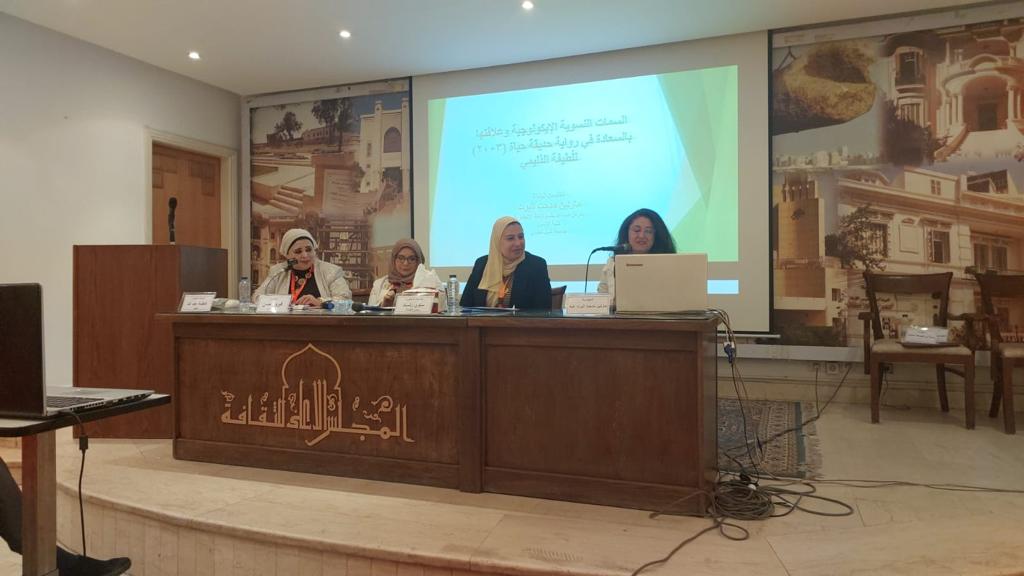 |
||


.svg)

